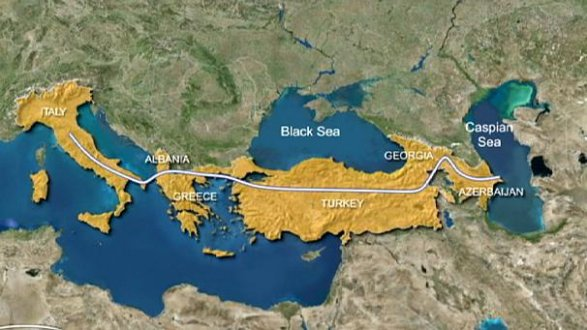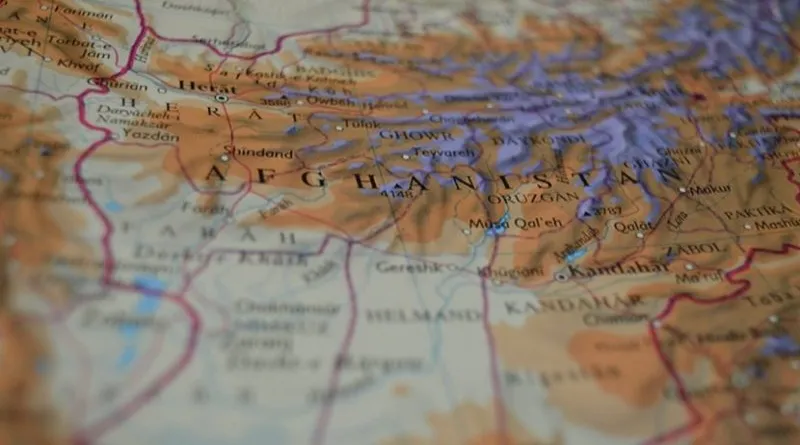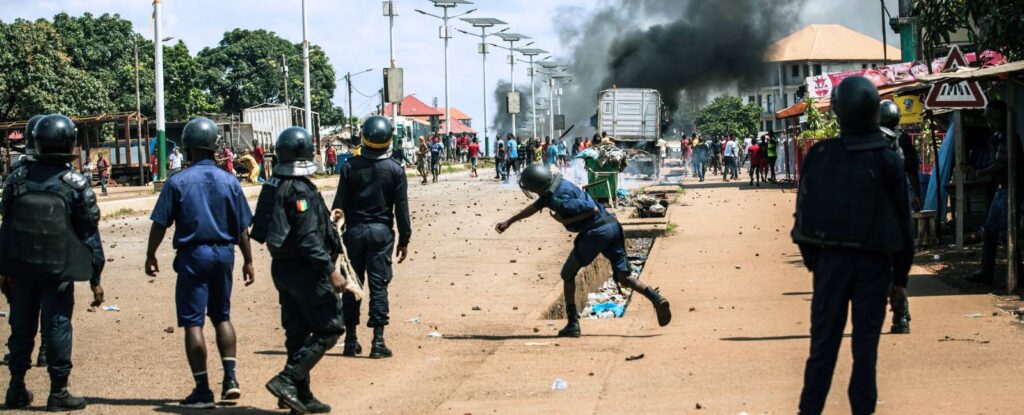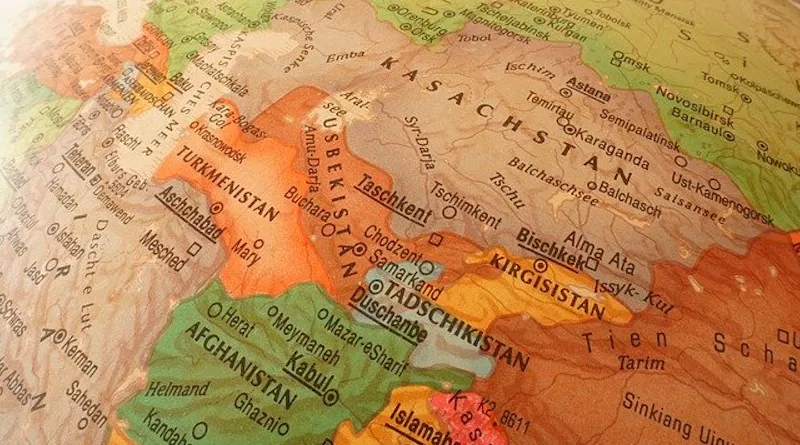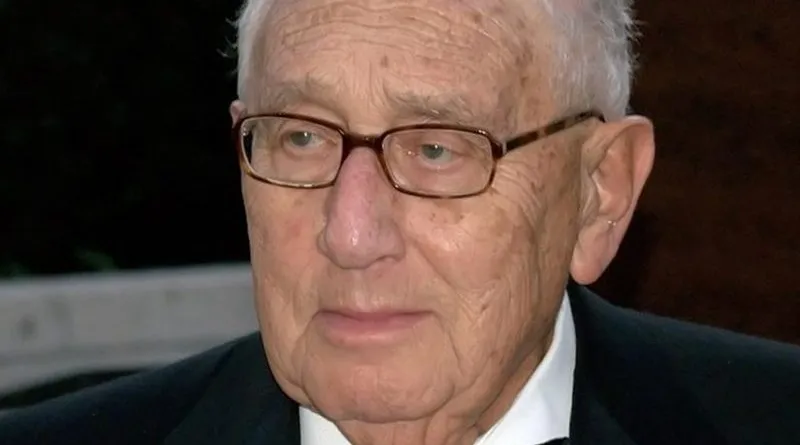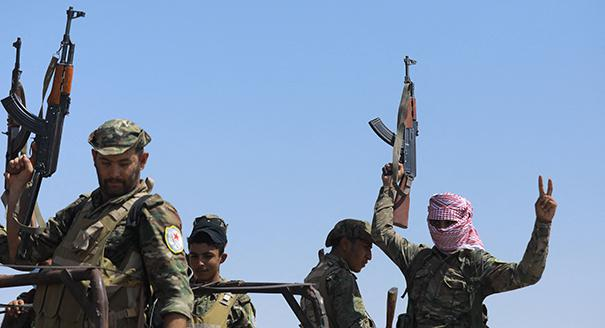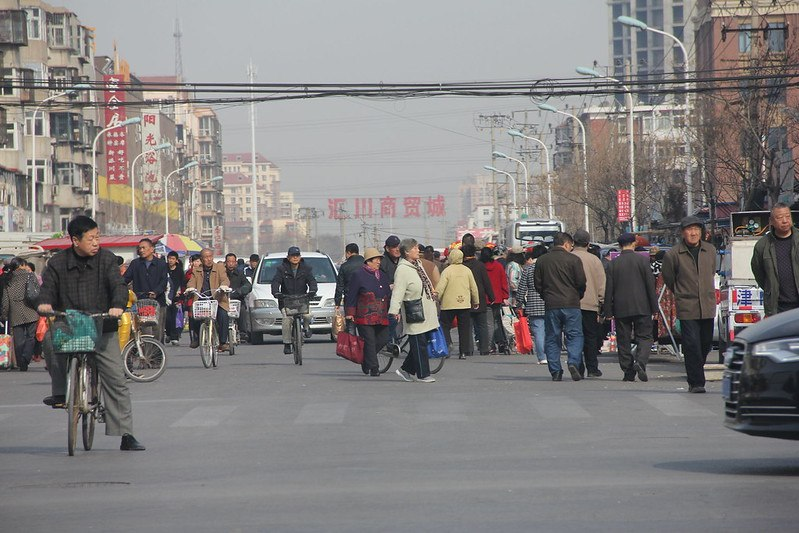Unravelling Some Complexities Of The Western Balkans
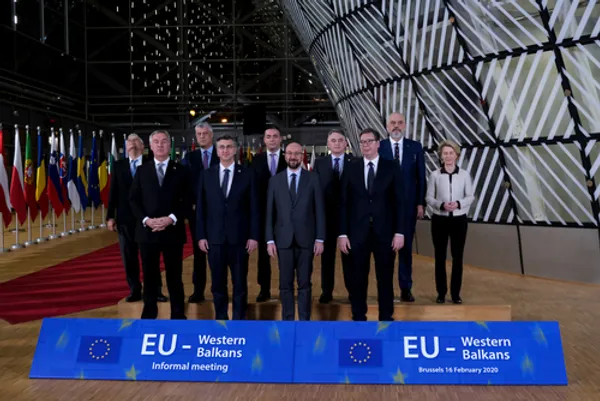
Abstract: Despite the war ending in former Yugoslavia, which resulted in newly proclaimed nations, the drums never ceased. There have been endless initiatives to stabilise the region, such as the Thessaloniki Summit and the Berlin Process, which can now be considered attempts in vain. One of the biggest issues remains the spread of terrorism in the wider area. Reports indicate that the Western Balkans proved themselves to be an excellent hideout and base of operations for many terrorists planning attacks worldwide. Most decision-makers lack an understanding of the region’s past, resulting in unnecessary delays to the European Integration of the Western Balkans.

